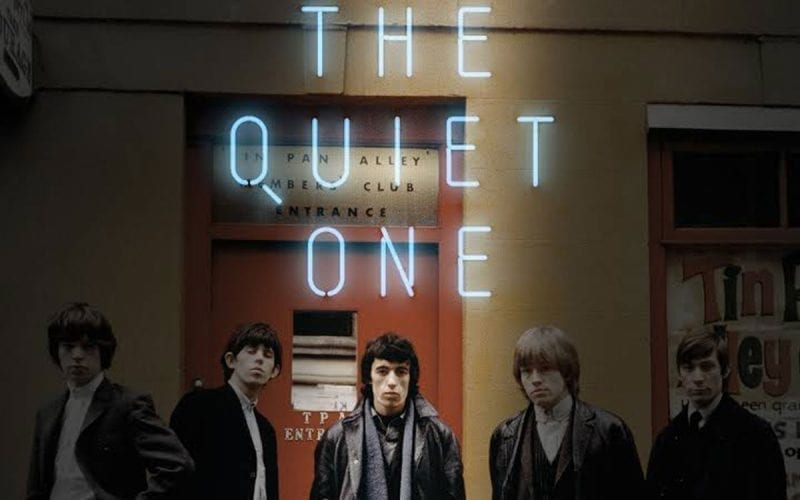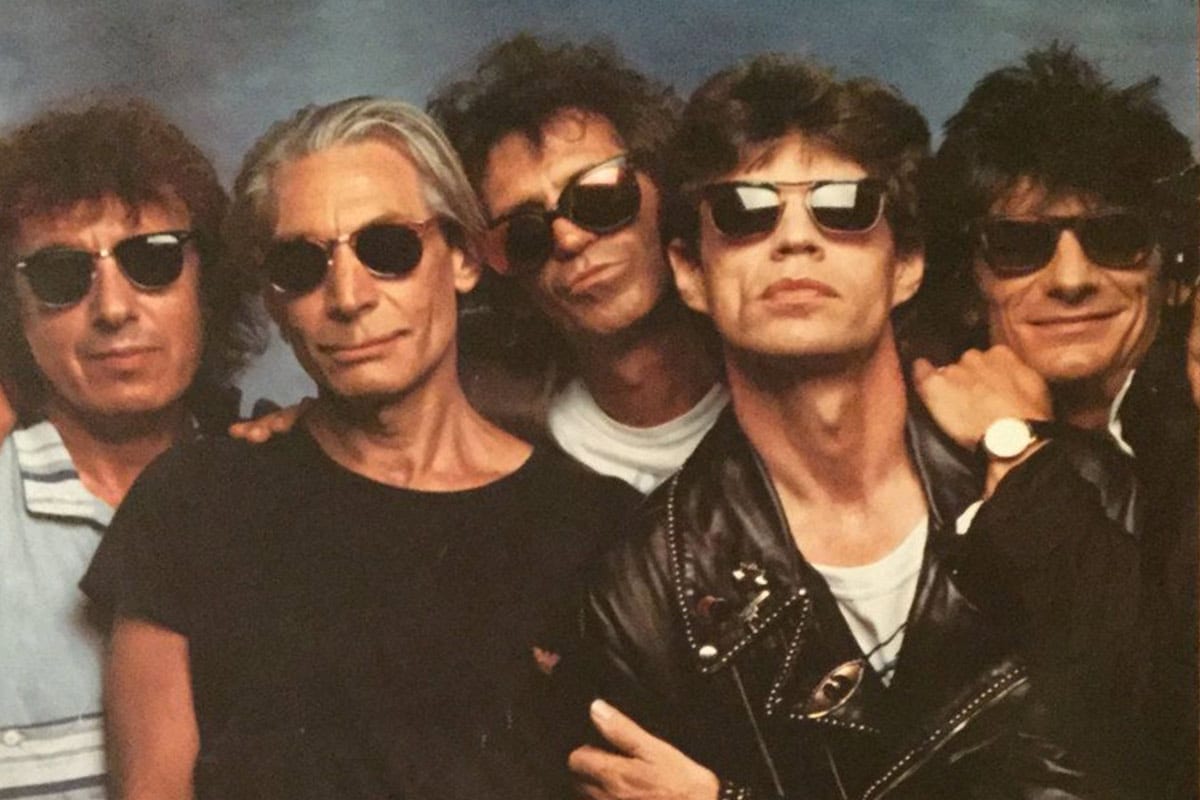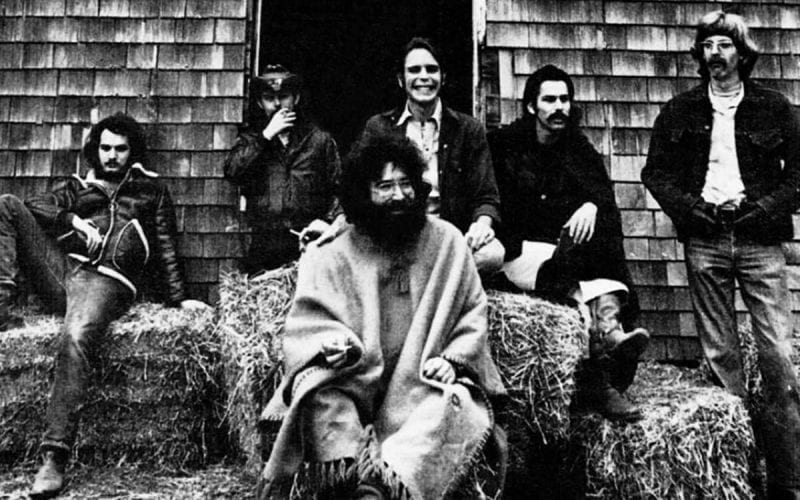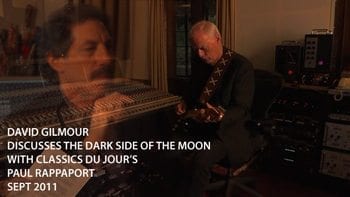
I’ve just seen the most remarkable rock documentary, which I think may be my favorite so far. Bill Wyman’s, The Quiet One, available on Amazon and a few other streaming services.
I am actually writing this review on an airplane flying home from visiting family in southern California for Thanksgiving, and I’ve literally just seen the film. I was all set to write about the Who’s new album but that will have to wait a second because I want to get the word out. Not that some of you may already know about it, since it was released this past June. But for those that don’t, or those that haven’t bothered to watch it yet—YOU MUST SEE THIS MOVIE. I confess I heard about it when it was released but my attention was diverted elsewhere and like many things in life you keep moving forward leaving some intentions undone.
Perhaps, because Bill Wyman was the “quiet one” in the Rolling Stones, myself and others may have thought, “Well how interesting could this film be?” Wyman always seemed nonplus while performing, never hogged the spotlight, and seemed oblivious to fame. Indeed, when I was working with The Stones, it was always Mick, Keith, or Woody I was talking to. Both Bill and Charlie were quite aloof.
And that is the precise reason this film is so fascinating. Because Bill Wyman is older than his bandmates, he came to the Stones with a deeper life’s perspective and lived though all of the wild times one step removed. This alternative view of The Rolling Stones experience, much different than Mick or Keith’s, is utterly captivating.
Wyman actually remembers World War II. In the film, he talks about playing with his friends, then seeing squadrons of German bombers overhead in the sky shooting their machine guns and dropping bombs as he ran home to his grandmother’s house where she quickly grabbed him and dove down into the bomb shelter. When they came out they’d see many buildings bombed out and laid to waste. Worse, when he and his friends went back to school the next day, two little girls that used to play with them weren’t there — they’d been killed. His friends and he would collect toys from the rubble left by other unfortunate children. That kind of reality will give one a sobering view of life.
As his parents were cold and distant, Bill Wyman was raised mostly by his grandmother, who was very much more loving and caring. He always dreamed of playing in a band and making something of it but thought it could never happen so he just forgot about the idea for a couple of years. Then blown away by seeing Chuck Berry perform in a movie about rock and roll, he was moved to learn how to play the guitar. After that, he knew he wanted to form a band and wound up playing in The Cliftons, who performed the popular songs of the day. Not long after, he visited a jazz club and heard the big warm tones of a bass guitar loudly and clearly for the first time. He was moved by how sparse and simple the notes were, and how that sound created space and uplifted the rest of the instruments in the band.
He realized having a bass guitar in The Cliftons could really elevate their sound. After asking each and every one of his band mates if they wanted to play bass, including the leader, Jerry Clifton, and being turned down by all, he said, “Well alright, I guess I’ll play bass.”

At first, because no one had any money to buy a proper bass, Bill just tuned down a regular six-string guitar. Then they found a beat up old bass that he refurbished. He had the body cut down to a shape he created, put in two new pick-ups, and took out all the frets. The markings were still on the neck making it easy for him to find his place, but unwittingly he invented the first electric fretless bass!
One of The Cliftons left the band, putting a pause there and at the same time, the Rolling Stones needed a bass player — Bill auditioned. At the time The Stones were strictly a blues band and all they were interested in was how much blues Bill knew — forget about the rock and roll for now. He tells how Ian Stewart, the Stones’ original piano player, Mick, and Charlie Watts, quizzed him about what kind of music he liked, while Keith and Brian Jones sat at bar giving him the cold shoulder. Wyman bought drinks for all and eventually they warmed up to him. He jammed with the band and seemed to fit right in effortlessly.
Wyman explains his views on playing the bass. He emulates what he saw in that jazz club, a very simple approach — not too many notes, working with the drums to create a basic rhythm section leaving space for the rest of instruments and the singer in the band.
Interestingly enough, because the Stones were strictly a rhythm and blues band in the beginning, they could only play specific clubs — with pop music being so big, how many people were interested in seeing the blues? But because the rhythm part of the blues and some of the up-tempo beats make you want to move your feet and gyrate your body, the audiences started to go crazy for the stuff — it was new to them, they’d never experienced anything like it before.
There are some never-before-heard interviews in this film, some of them only audio but very revealing. You hear the band talk about the first time they were mobbed by fans. You’d think they would love it, but it comes off more like a job hazard. And then there is this quote: “I didn’t know who was going to be in jail what week, and who was going to be in the studio.”
Wild times for sure, but all this adds to the overall tenor of the documentary because this story is being told by the Rolling Stone who was least affected by all the hoopla and furthermore and shockingly, didn’t do any drugs. Wyman wanted no part of the rest of the band’s legendary drug use and drug abuse. In fact, Wyman tried to smoke a joint only once and it was laced with some kind of animal tranquilizer. He says he walked down a hall and saw someone walking towards him and when they met, he had a twenty-minute conversation with the guy. He was so out of it that when he finally got focused he realized that he’d been walking towards a mirror, and the guy he was having the conversation with, was himself. After that, he never tried another drug — never understood the point of it.

Believe it or not, in 1970 after the Rolling Stones had made such a huge career for themselves in the 60’s, the band was flat broke. In fact, it was worse than that — each band member owed the British Commonwealth £100,000 apiece. They were forced into exile and moved to France. At the time all us fans thought it was quite romantic and a great creative change for the band. But the truth is, they didn’t want to go. They loved England and the English way of life—poor Charlie Watts even had to import his tea. In the end, it worked out great for them because they recorded Exile On Main Street one of their all-time greatest albums (and my favorite) in the basement of Villa Nellcote, a sixteen-room mansion, where Keith chose to live.
Knowing this information helps me understand why when I worked with the band at Columbia Records all through the 80’s, every decision they made was based on money. Even if the decisions were wrong. In 1989 during the Steel Wheels album and tour, someone offered Mick Jagger a half a million bucks to do a clothing line. I thought it a bad idea for Mick who has so much rock and roll credibility. I thought it would make him look lightweight and demean his authenticity. I told him so and he didn’t think it was that big a deal. Turns out he was right—the clothing line came and went without any notice by the fans at all. Then he sold the rights for a national live radio broadcast to ABC Networks for another half million. I was very upset at not being consulted and told both Mick and Keith that by doing so, a lot of stations that had supported them throughout their career were going to get burned not being ABC affiliates. I remember telling Keith, “Your good friend Scott Muni at WNEW is going to be heartbroken because the broadcast is going to air on his competition, WPLJ. The Stones are so big I could have put together a non-exclusive live broadcast for you, and maybe not for a half-million dollars, but at least for three hundred thousand, and everyone would be happy.” The answer? “Don’t worry Rap, it’s just business.” And there were more bad decisions about dance re-mixes, producers, etc., etc. — who ever was offering the most money won. I kept thinking, these guys are making so much money on this tour and via album sales, do they really need to burn people over a half-million dollars?? But I think what was going on, is that they’d been burned so many times themselves previously, by bad management, bad record deals, and shady promoters, that they thought it was finally their turn to cash in, and on all fronts, no matter what. Knowing that history, I can’t say I blame them.
There are a few other poignant points in this film worth mentioning. One, when Wyman left the Stones after the Steel Wheels project, many of us were shocked. No one leaves the Rolling Stones — why on earth would they?? Well, Bill Wyman had finally had enough of what he calls “a bizarre life.” He needed to leave to find out who he was as a human being, beyond being a Rolling Stone. While most of us think how great it would be to be so famous, Wyman was searching for normalcy. He wondered what it would be like to just be able to walk down the street or go see a movie without being mobbed. He got married (the third time was a charm) and had kids. Now he has a family and is more content then when he was a rock star in one of the most famous bands of all time.
The Quiet One [Official Trailer]
The film ends with Bill telling a story about meeting Ray Charles. We all have our heroes and when Wyman went backstage to meet Ray he could hardly handle it. In the film, he actually starts crying over the event and especially about the part where Ray asked him to be the bass player on his next album. He told Ray, “I could never; I’m not good enough.”
After years of hearing about the Rolling Stones through the eyes of Keith Richards and Mick Jagger, it is so refreshing to get such a different point of view from someone who kept an arm’s distance from all the sex, drugs, and rock and roll machinery. Well, not a hundred percent—Bill is storied to have slept with 64 women in 19 days, but you get the idea.
The Quiet One is a very sweet down to earth movie about the life of a very sweet down to earth man and how he got caught up in the whirlpool of being a Rolling Stone.
It’s so worth watching because I don’t think there is any rock doc out there, which shares this kind of perspective. And in a million years, you would never have guessed that any Rolling Stone band member would have this kind of viewpoint.
Until next time,
Rap~
© Paul Rappaport 2019











